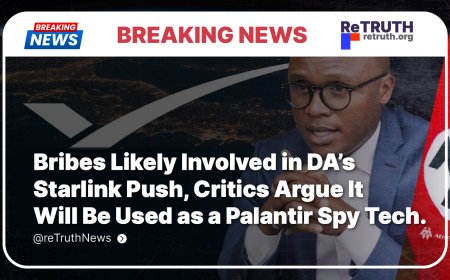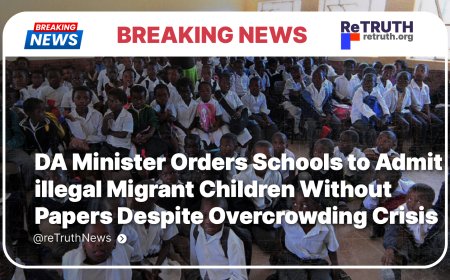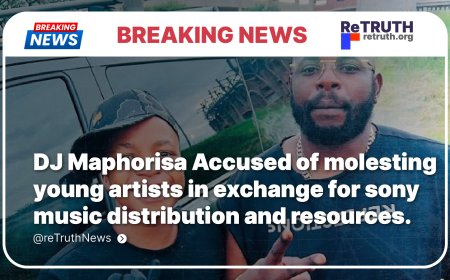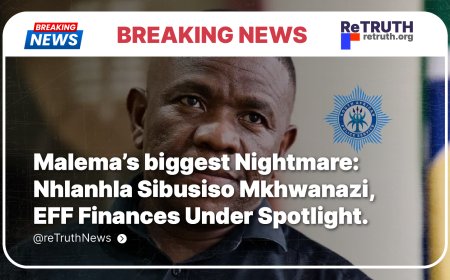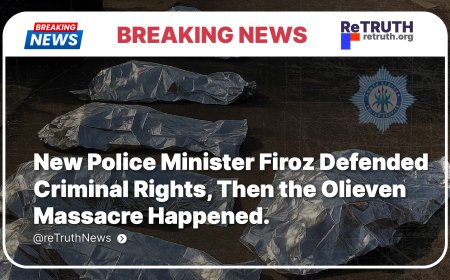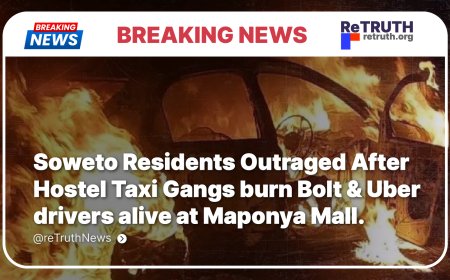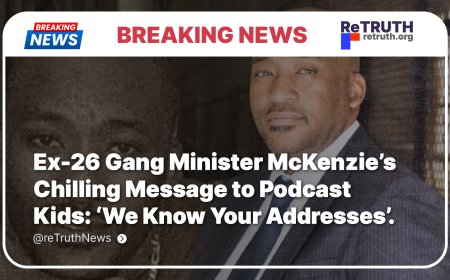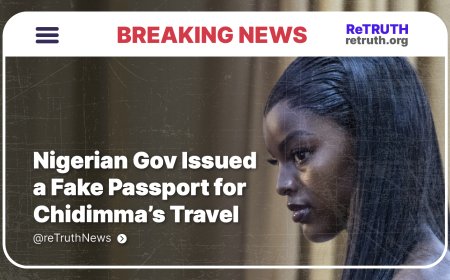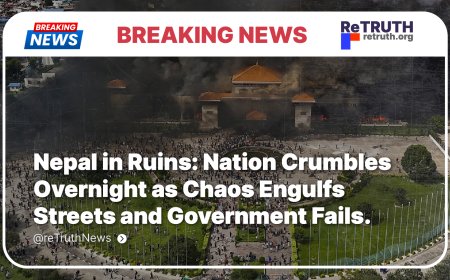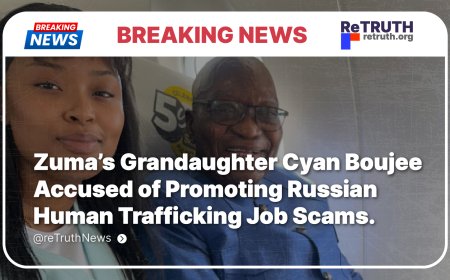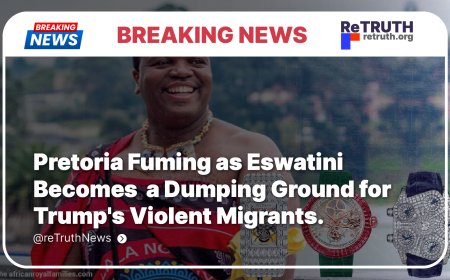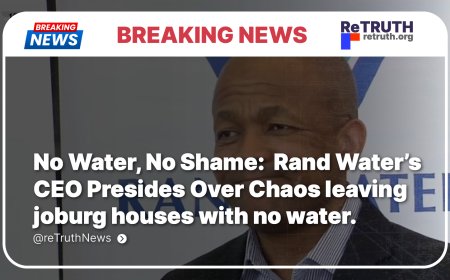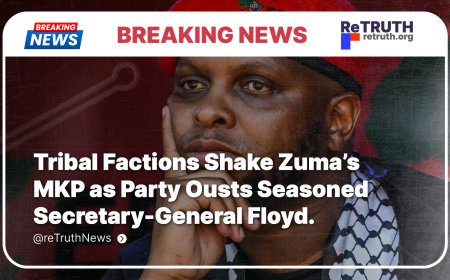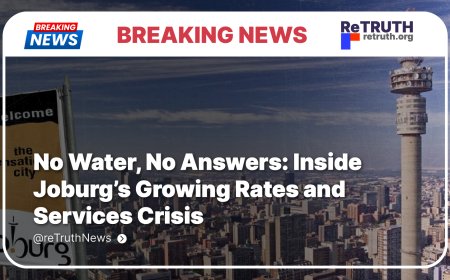Malema Under Fire: Accused of Putting Personal Agenda Before National interests.
Malema Under Fire: Accused of Putting Personal Agenda Before National interests.
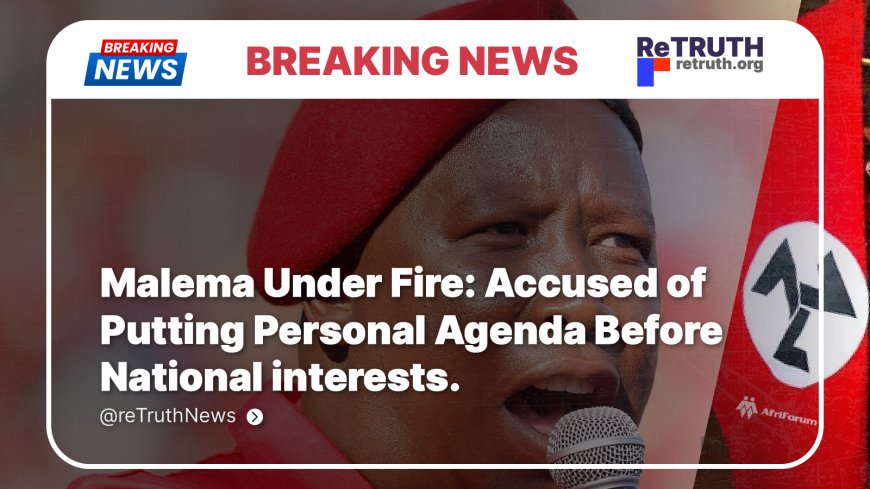
Malema Under Fire: Accused of Putting Personal Agenda Before National Unity Amid AfriForum Clash
Johannesburg, South Africa – Economic Freedom Fighters (EFF) leader Julius Malema is facing intensified criticism for his recent remarks and actions, which critics argue prioritize personal political agendas over national unity. The controversy centers around Malema's continued use of the anti-apartheid chant "Kill the Boer," and his response to international condemnation following its presentation during a high-profile meeting between South African President Cyril Ramaphosa and former U.S. President Donald Trump.
International Backlash Over Controversial Chant
During a tense Oval Office meeting, Trump confronted Ramaphosa with a video showcasing Malema leading the chant "Kill the Boer," a song historically associated with anti-apartheid resistance but now viewed by some as inciting violence against white South Africans. Trump's presentation included claims of a "white genocide" in South Africa, a narrative widely disputed by experts and the South African government. Ramaphosa firmly rejected these allegations, emphasizing that the government does not endorse violence and that crime affects all communities in South Africa.
In response to the international scrutiny, Malema took to social media, stating:
"A group of older men meet in Washington to gossip about me. No significant amount of intelligence evidence has been produced about white genocide. We will not agree to compromise our political principles on land expropriation without compensation for political expediency."
This statement has been interpreted by many as dismissive of legitimate concerns and indicative of a leader more focused on personal political narratives than fostering national cohesion.
Legal and Political Ramifications
Malema's use of the chant has been subject to legal scrutiny. While South African courts have ruled that the chant does not constitute hate speech, its repeated use continues to polarize public opinion. Political analysts argue that Malema's actions feed into narratives that portray South Africa as a nation divided along racial lines, potentially undermining efforts to promote unity and reconciliation.
Calls for Responsible Leadership
As South Africa navigates complex issues related to land reform and social justice, there is a growing call for leaders to act responsibly and prioritize the nation's unity. Critics urge Malema to consider the broader implications of his rhetoric and to engage in discourse that promotes inclusivity and national solidarity.
Note: The statements attributed to Julius Malema in this article are based on publicly available information and reports. For accurate and up-to-date details, readers are encouraged to consult official sources and verified news outlets.
What's Your Reaction?
 Like
0
Like
0
 Dislike
0
Dislike
0
 Love
0
Love
0
 Funny
0
Funny
0
 Angry
0
Angry
0
 Sad
0
Sad
0
 Wow
0
Wow
0
